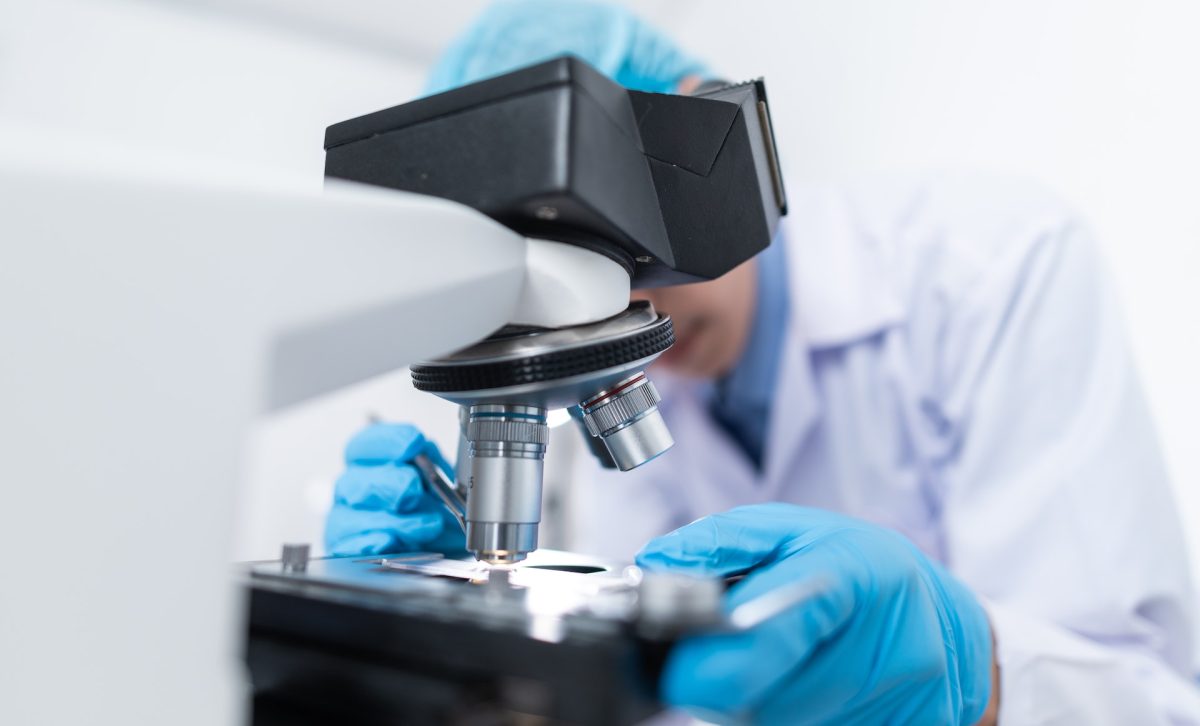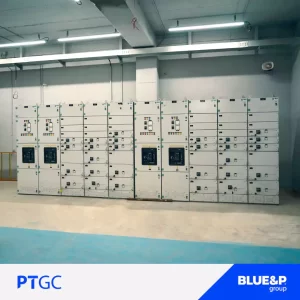Industrial processes use large amounts of water and use to save production costs from wastewater treatment and recycling.
The strict environmental regulation has created significant challenges for businesses that use high water content in their production processes, resulting in fines.
Cost of abject management water treatment
In recent years, the fine for non-management of water treatment has been 440,000 pounds and imprisonment. Mismanagement of wastewater treatment can be a serious threat to business security.
Accordingly, the use of membrane technology increased in industrial wastewater treatment in companies that are looking for a sustainable and reliable solution to improve wastewater management.
What is industrial wastewater treatment?
Industrial sewage treatment is the process used to convert sewage into the treated water. After that, the effect on the environment can be taken back to the consumption cycle or used directly to produce it.
Depending on the quality of water in each region, different processes are using for wastewater treatment. Among these are the following:
- Reverse Osmosis (RO)
- Water recycling units
- Ceramic Filtration
- Ultrafiltration
- Nanofiltration
- Coarse Filtration
- UV light
Among the above methods, the reverse osmosis method is a popular choice for wastewater treatment because of low environmental damage.
How can industrial wastewater treatment help the environment?
Hazardous chemicals have been using in industrial processes, which had ditched as industrial sewage. By refining industrial sewage and cleaning chemicals, helps the environment.
The amount of water used in industry is very high, so organizations and factories have a heavy social responsibility to ensure the proper process of wastewater treatment.
For example, in the automotive industry, half a million liters of water are needed to produce a small car. In a year, more than 35 trillion liters of water had consumed in the automotive sector. Chemicals used in the automotive manufacturing industry contain metals, oil, and harmful chemicals remaining in the paint. These products can be dangerous if they enter the environment and harm the environment long.
In addition to harming the environment, the entry of chemicals also damages the life cycle of humans and animals. But this is where the importance of wastewater treatment comes into play.
Hazardous chemicals in the wastewater treatment system are removed, this water can return to the consumption cycle without any contamination.
The modern method of wastewater treatment uses membrane technology. Membrane cutting edge design without the use of chemicals, resins, or ion exchange; Eliminates impurities in water.
Our life lies in the survival of nature.
Membrane technology has emerged as the future of wastewater treatment. Costs and environmental benefits help the implementation of this system contributes to the credibility of organizations and manufacturing businesses.
As the public becomes more aware of the importance of the environment, more companies are looking for ways to treat their industrial wastewater and return water to their consumption cycle.
Source: theenergyst.com








